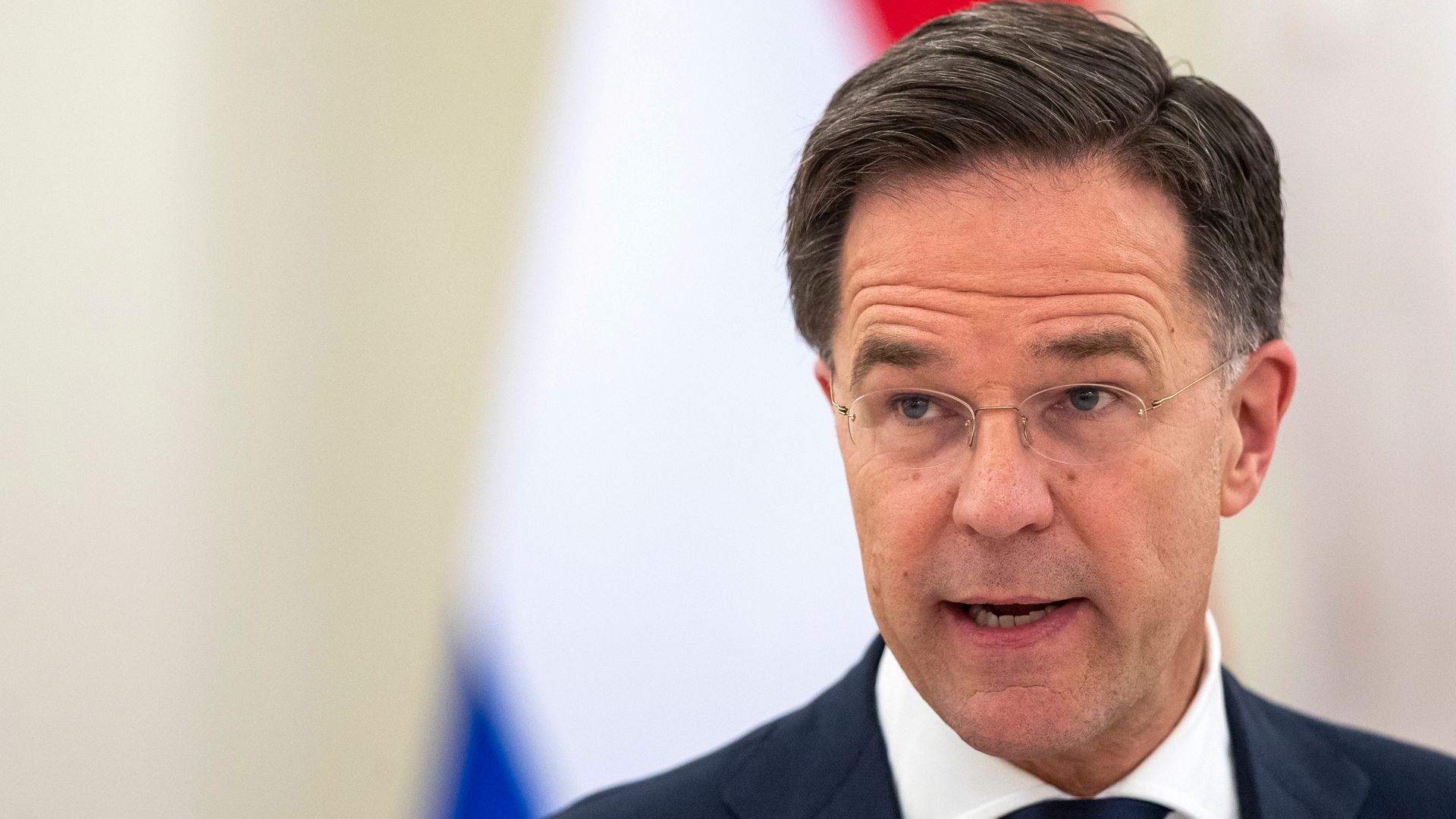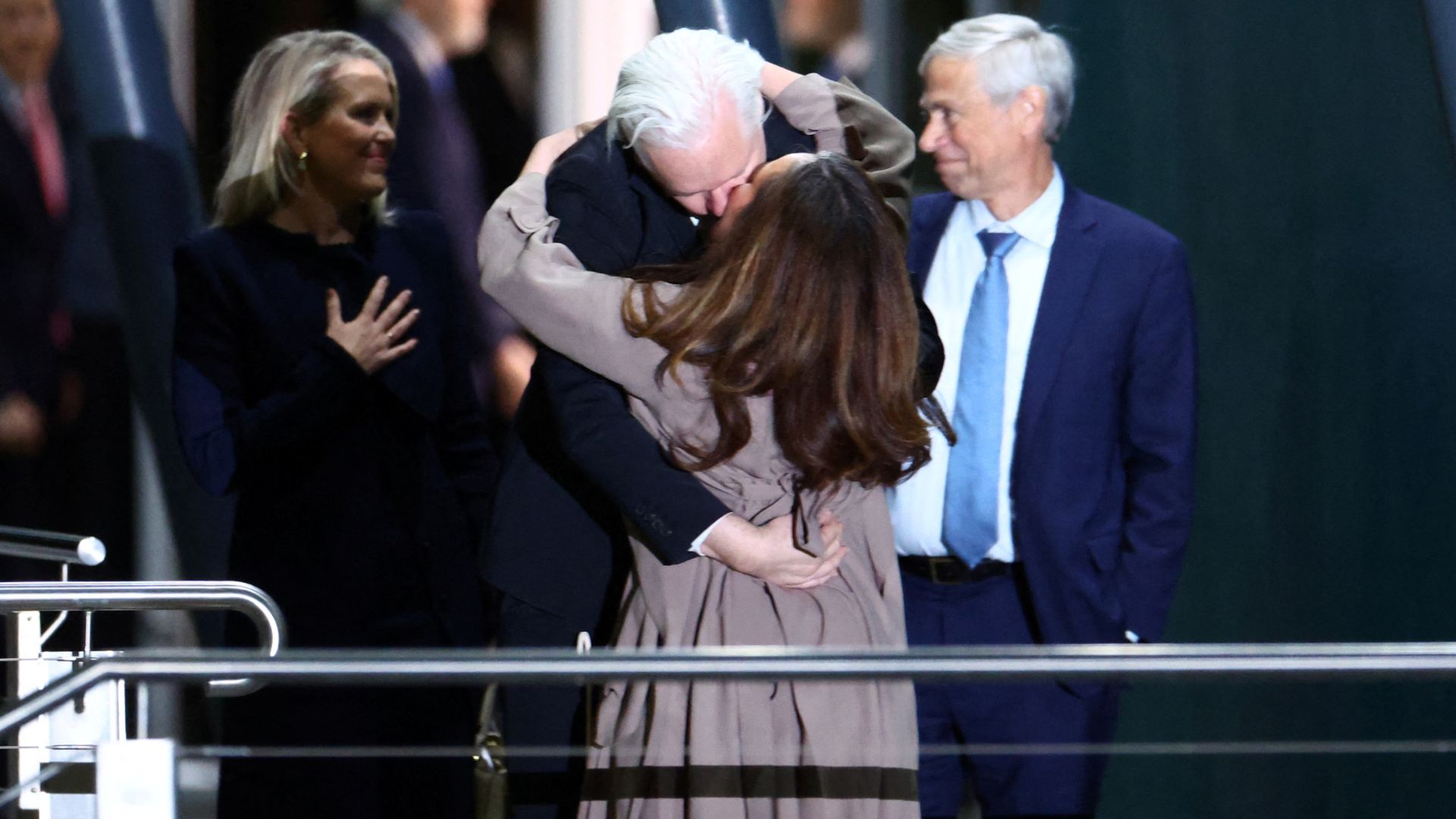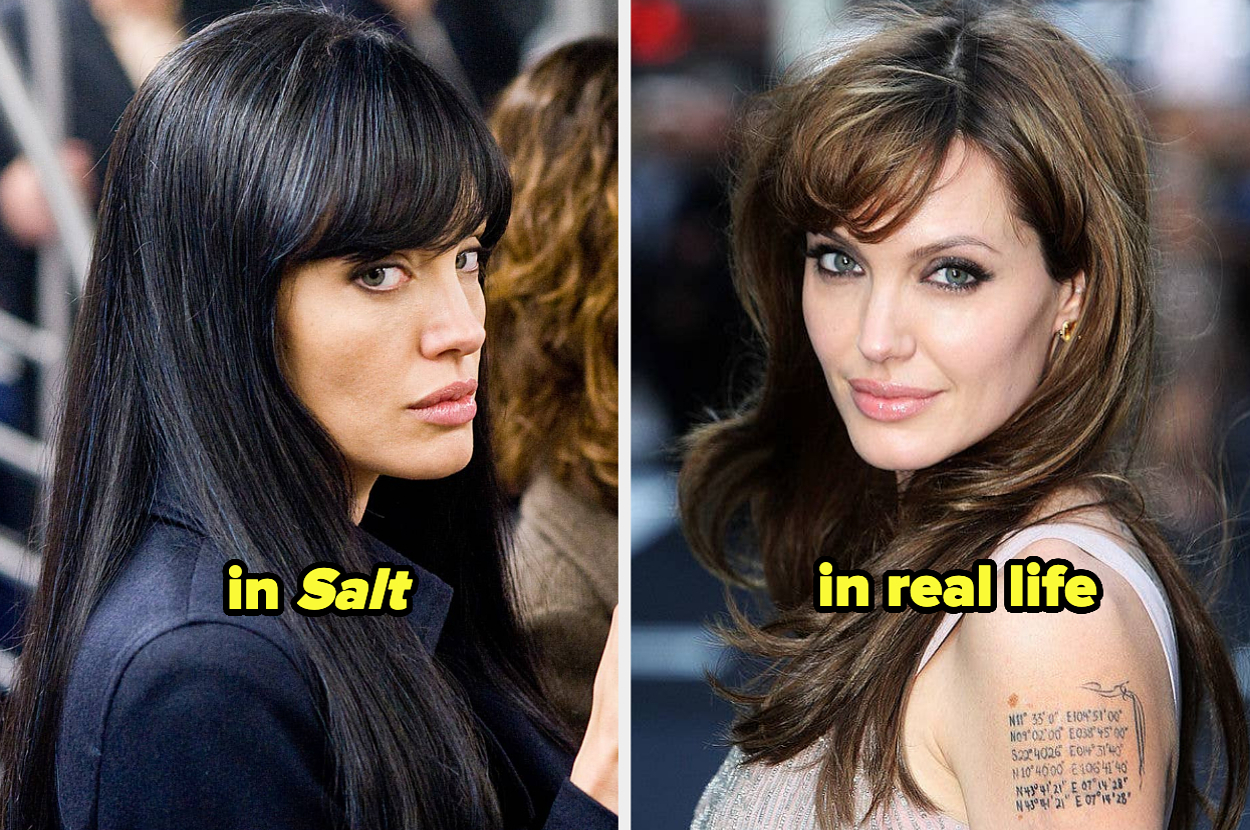Outgoing Dutch Prime Minister Mark Rutte has been chosen as NATO’s next boss.
The 57-year-old takes the helm of the world’s biggest military alliance at a critical time – against the backdrop of the war in Ukraine, mounting global insecurity, and uncertainty over the United States’ future attitude to the transatlantic organisation.
Mr Rutte is bowing out of Dutch politics after nearly 14 years as leader.
He will take over as secretary general on 1 October from Norway’s Jens Stoltenberg, who is stepping down after a decade in the post.
Ambassadors from the alliance’s 32 members approved his appointment at a meeting at NATO headquarters in Brussels.
The Netherlands‘ longest-serving prime minister, who is a fierce critic of Russian President Vladimir Putin and a staunch ally of Ukraine, said he looked forward to taking up the job “with great vigour”.
He wrote on X: “The alliance is and will remain the cornerstone of our collective security. Leading this organisation is a responsibility I do not take lightly.”
Mr Stoltenberg said: “I warmly welcome NATO allies’ choice of Mark Rutte as my successor.
“Mark is a true trans-Atlanticist, a strong leader, and a consensus-builder. I wish him every success as we continue to strengthen NATO for the challenges of today and tomorrow. I know I am leaving NATO in good hands.”
Offering his congratulations, UK Prime Minister Rishi Sunak said: “I am confident you will continue Jens Stoltenberg’s outstanding work in keeping NATO strong and united, as we work to strengthen our collective defence and support Ukraine’s fight for freedom.”
The secretary general chairs meetings and guides often delicate consultations among member countries to ensure the organisation, which operates on consensus, can function smoothly.
The NATO chief leader also ensures decisions are put into action and speaks on behalf of all members.
Read more on Sky News:
US journalist goes on trial in Russia for spying
North Korea fires potential hypersonic missile
After declaring his interest in the post last year, Mr Rutte gained early support from key members including the US, Britain, France and Germany.
But he had faced obstacles to securing the job, particularly from Eastern European countries, which argued the post should go to someone from their region for the first time.
Hungary lifted its objections earlier this month, after Mr Rutte agreed Budapest would not be obligated in the future to send personnel or provide funds for a new support plan for Ukraine.
Turkey had also voiced opposition to Mr Rutte’s bid, but lifted its objections in April.
Mr Rutte emerged as the sole candidate after Romanian President Klaus Iohannis pulled out last week.
One previous contender for the top job, the UK’s then defence secretary Ben Wallace announced last year he was out of the race, suggesting Washington wanted a former head of state.
Mr Wallace subsequently announced he was leaving the cabinet and quitting politics.
Keep up with all the latest news from the UK and around the world by following Sky News
Be the first to get Breaking News
Install the Sky News app for free
Taking up the role, Mr Rutte will face the challenge of maintaining allies’ support for Ukraine’s fight against Russia’s invasion while guarding against NATO being drawn directly into a war with Moscow.
He has been one of the driving forces behind Europe’s military support for Kyiv.
His view is heavily influenced by the shooting down of an airliner over Ukraine in 2014 in which 196 of the 298 victims were Dutch, and which the Netherlands blames on Moscow.
Mr Rutte will also have to deal with the possibility that NATO-sceptic Donald Trump may return to the White House after November’s US presidential election.
Mr Trump has unnerved NATO leaders as the Republican former president called into question US willingness to support other members of the alliance if they were attacked.










